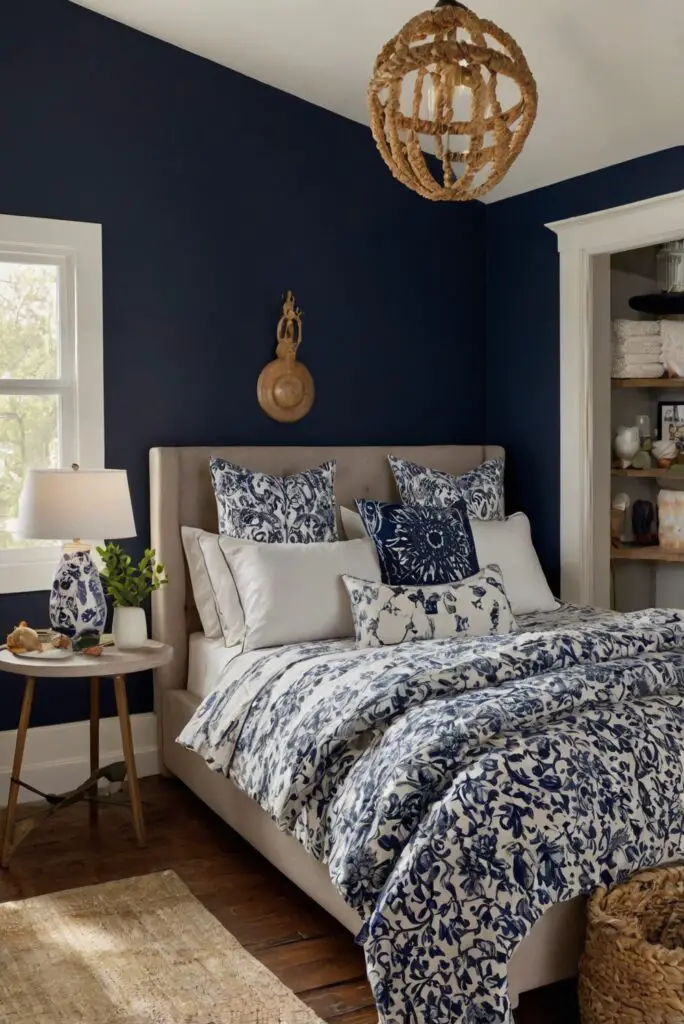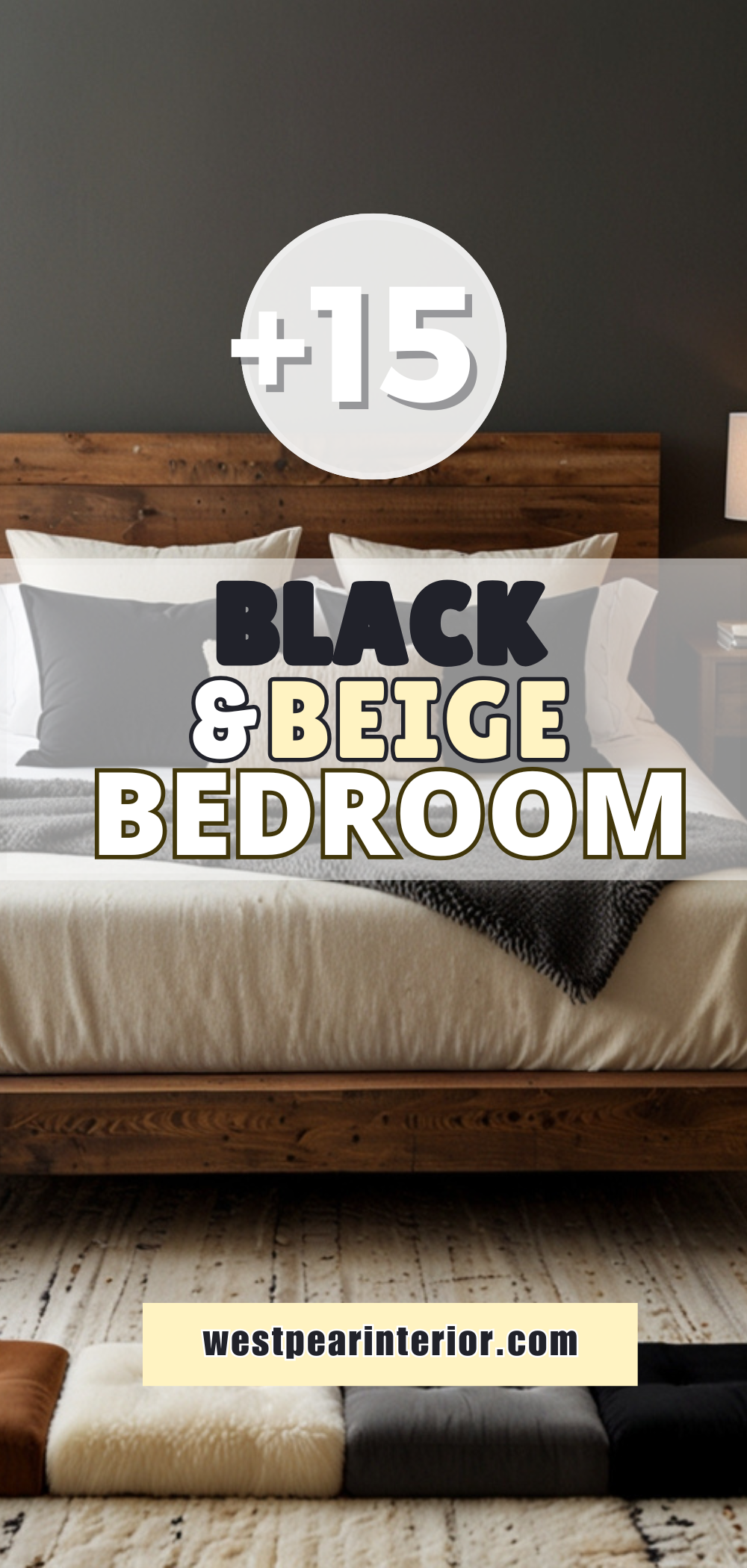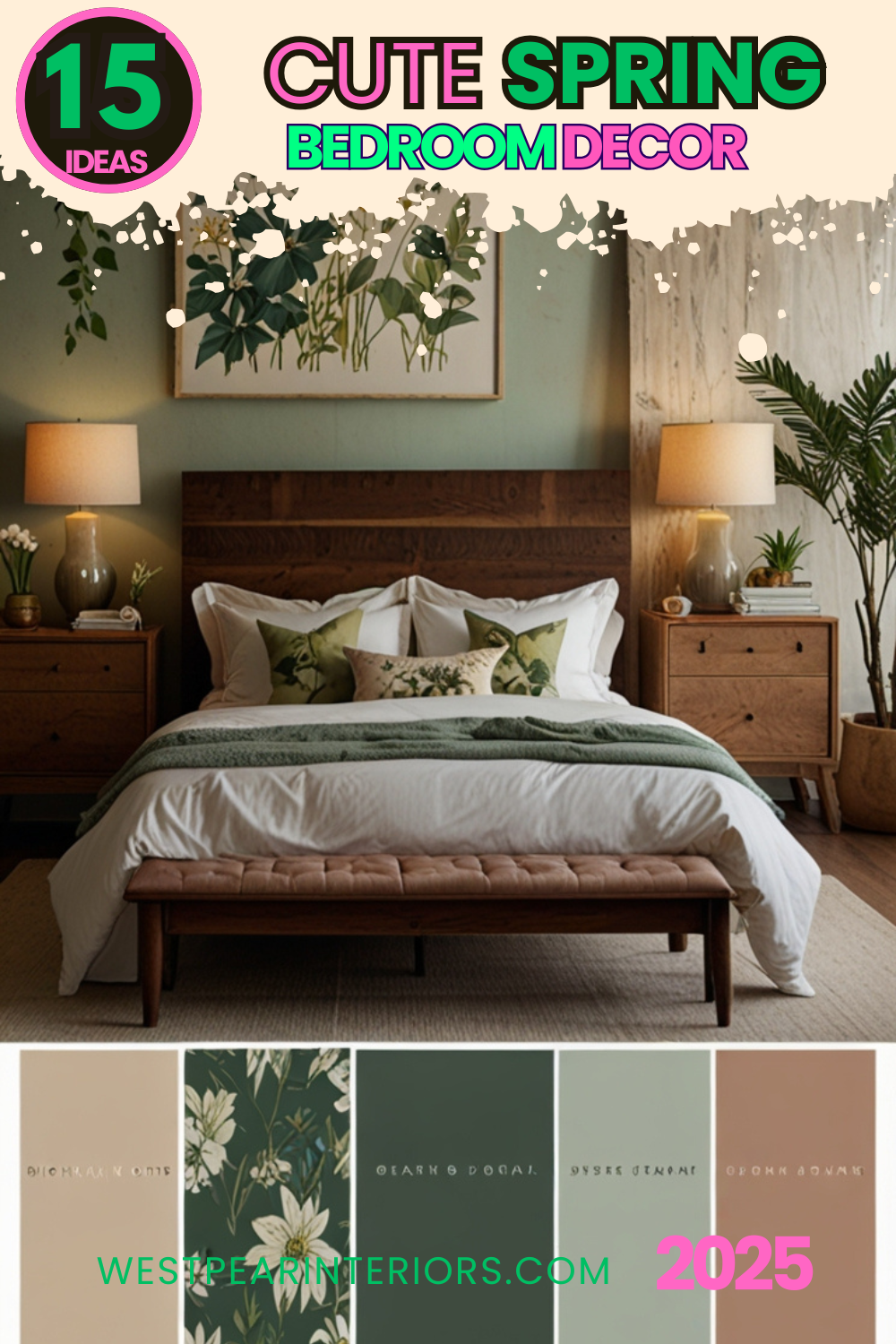Discover the ultimate secret to maintaining the perfect temperature in your bedroom all year round. Learn how to stay cool or warm effortlessly.
How do you keep your bedroom cool or warm?
As a daily routine with an interior designer, there are several strategies to maintain the desired temperature in your bedroom. Firstly, consider the color scheme of your room. Lighter colors can help reflect heat and keep the room cool, while darker hues can create a cozy and warm ambiance. Additionally, proper space planning is essential for efficient heating or cooling. Ensure that the furniture layout does not obstruct air vents or windows. Selecting the right wall paint, such as primer paint for walls, can also contribute to temperature regulation. Finally, matching paint colors with your overall home decor interior design can create a cohesive and inviting space.
What are some tips for keeping my bedroom cool during hot weather?
My Lovely Spring Paint for 2025
Ready for a Spring Makeover? Explore the Freshest 2025 Paint Trends!
White Sage/Green SW Pistachio green Soft blue Honeysweet/Orange Pink Sugar Sage Tint BMAs an Amazon Associate, I may earn a commission from qualifying purchases at no extra cost to you.
During hot weather, it’s crucial to keep your bedroom cool for a good night’s sleep. Some important tips include:
- Use light-colored bedding and curtains to reflect sunlight.
- Invest in a good quality fan or air conditioning unit for adequate airflow.
- Keep windows and doors closed during the hottest part of the day and open them at night.
- Consider using blackout curtains to prevent heat from entering the room.
- Avoid using incandescent light bulbs that emit heat.
- Try using cooling gel pads or pillows to regulate your body temperature while sleeping.
- Place a bowl of ice in front of a fan to create a makeshift air conditioner.
How can I make my bedroom warmer in the winter months?
To keep your bedroom warm during the winter months, consider the following strategies:
- Add thick curtains to trap heat inside the room.
- Use rugs or carpets to insulate the floor and prevent heat loss.
- Invest in a heated mattress pad or electric blanket for extra warmth.
- Seal any drafts around windows and doors with weather stripping or draft stoppers.
- Consider using a space heater with safety precautions in mind to supplement central heating.
- Rotate your ceiling fan clockwise at a low speed to push warm air down from the ceiling.
- Wear warm layers or use additional blankets for cozy sleep.
Are there specific colors that can help regulate the temperature in a bedroom?
Yes, the choice of colors can impact the temperature of a room. Light colors such as white, pastels, and soft neutrals can help reflect light and heat, making the room feel cooler. On the other hand, darker colors absorb heat and can make a room feel warmer. Consider painting your bedroom walls in light shades to maintain a cooler temperature during hot weather.
Can I use certain home decor items to help maintain a comfortable temperature in my bedroom?
My fAV Spring DECOR for 2025
Discover Spring’s Best 2025 Decor Combinations – Perfect for Any Room!
Oversized Indoor Plants White Curved Sofas Rugs BOH Brown Cream Moroccan Hype Boho Rug Outdoor Patio Furniture Sets Topfinel Pillow CoversAs an Amazon Associate, I may earn a commission from qualifying purchases at no extra cost to you.
Indeed, various home decor items can contribute to temperature control in your bedroom. For example, using thermal or blackout curtains can keep the room cooler in summer and warmer in winter. Adding rugs or carpets can provide insulation and prevent heat loss through the floor. Additionally, incorporating houseplants not only enhances interior design but also helps regulate humidity levels, contributing to a comfortable temperature in the room.
What type of paint finish is best for insulating a bedroom?
When it comes to insulating a bedroom, choosing the right paint finish can make a difference. A flat or matte finish paint tends to absorb more light and heat, potentially making the room feel warmer. On the other hand, a glossy or satin finish reflects more light and can help keep the room cooler. For better insulation, especially in hot climates, opt for light-colored paints with a satin finish to maintain a comfortable temperature in your bedroom.
How can I organize my bedroom furniture and layout to help with temperature control?
Strategic furniture placement and layout can contribute to better temperature control in your bedroom. Keep the following points in mind:
- Avoid blocking vents or radiators with furniture to ensure proper airflow.
- Place your bed away from direct sunlight to prevent overheating during the day.
- Consider rearranging furniture to promote better air circulation in the room.
- Ensure that air from vents or fans can reach all areas of the room without obstructions.
- Keep electronic devices that emit heat away from your sleeping area for a cooler environment.
Are there alternative heating options for bedrooms that don’t involve traditional central heating systems?
If you’re looking for alternative heating options for your bedroom, consider the following:
- Electric space heaters can be a cost-effective solution for heating a specific area.
- Portable infrared heaters are energy-efficient and provide targeted warmth in smaller spaces.
- Heated mattress pads or blankets can provide localized warmth without heating the entire room.
- Using a pellet stove or a wood-burning stove for a cozy and rustic heating alternative.
- Warm up your bedroom with a heated floor system for consistent and comfortable warmth.







